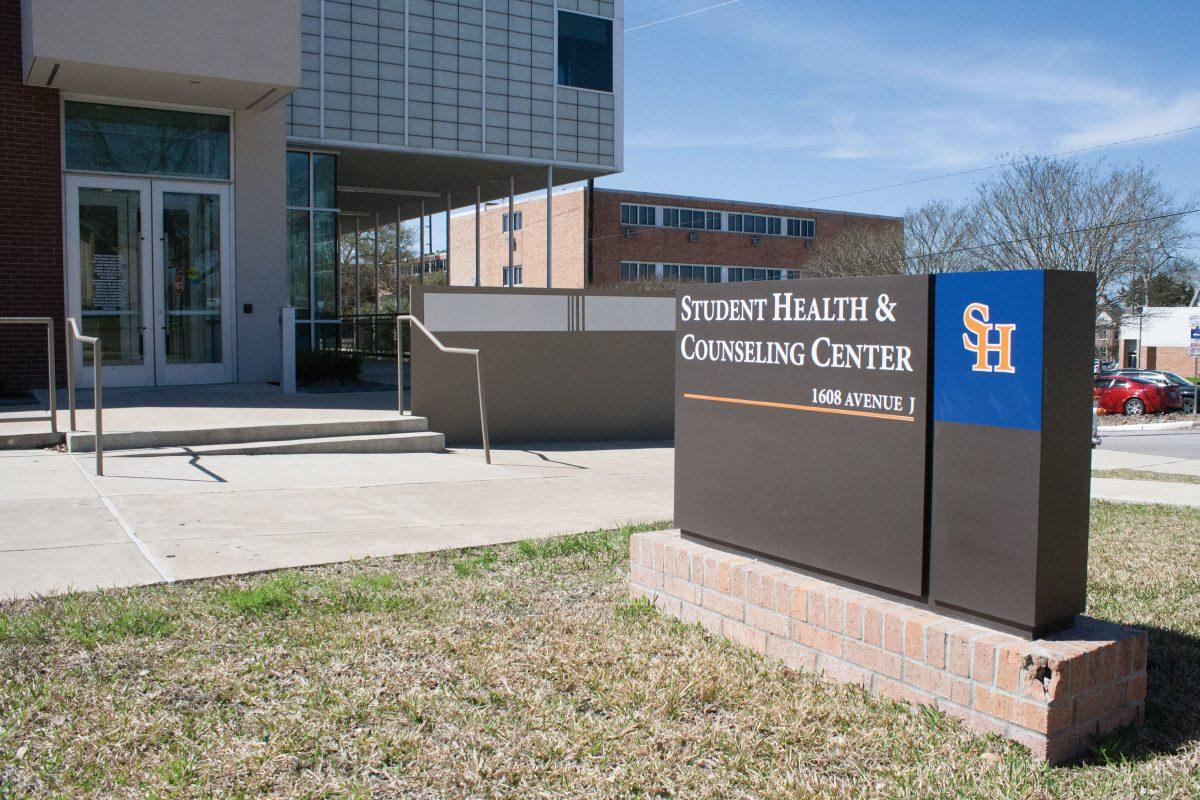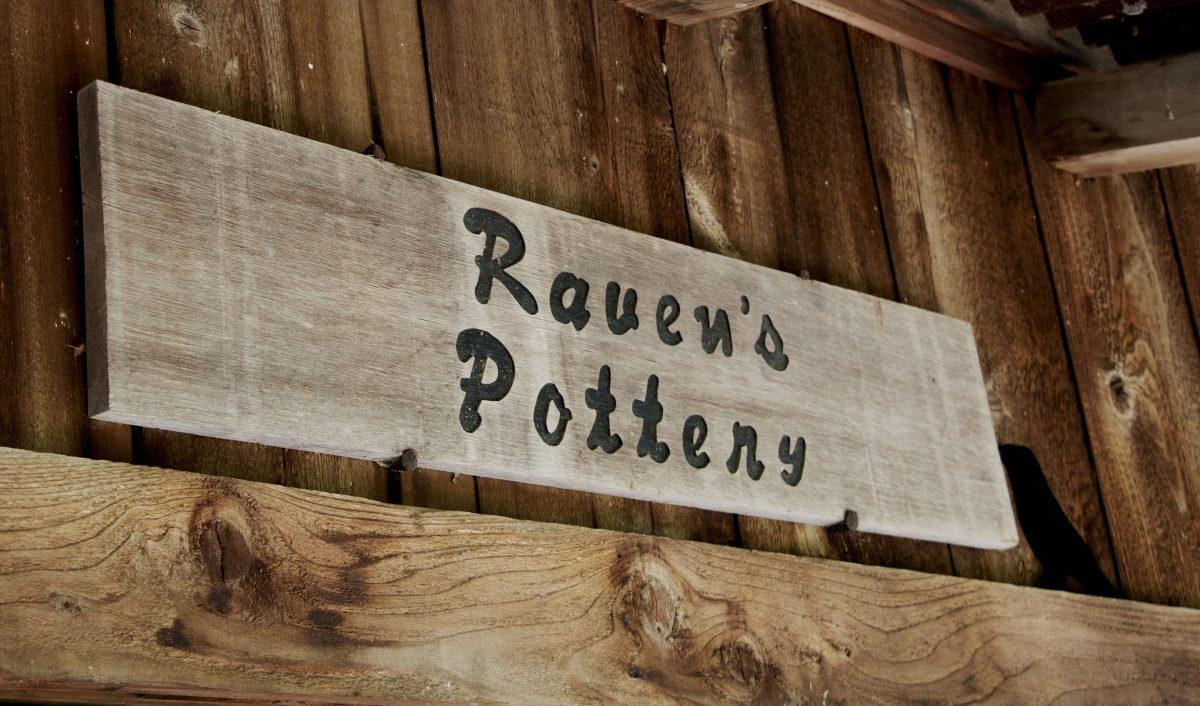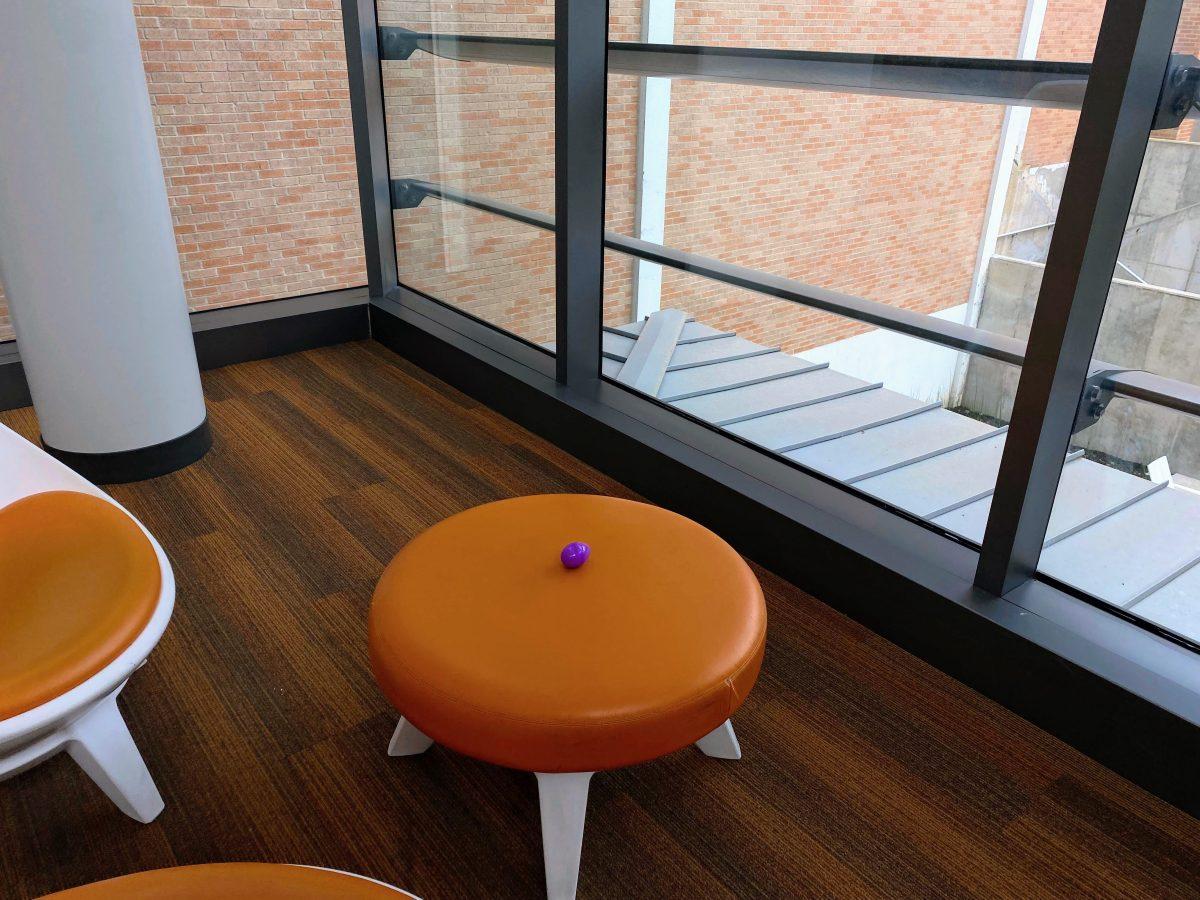
There has been a recent spike in the number of measles cases in the U.S. According to the Centers for Disease Control and Prevention (CDC), there have been 1,203 cases of measles confirmed as of Aug. 15. This is the highest number of cases reported since 1992.
There was a small outbreak in El Paso over the summer, as well as some isolated cases in Harris and Montgomery counties.
With confirmed cases so close to home, the Student Health Center sent an email out over the summer regarding measles safety and procedures. The email stated, “We want to ensure that all members of our campus community protect themselves against this preventable and potentially life-threatening disease. Anyone who does not have evidence of presumed immunity should receive two doses of the MMR vaccine separated by at least 28 days.”
The MMR vaccine covers measles, mumps and rubella. According to the CDC, one dose of MMR vaccine is 93% effective against measles, 78% effective against mumps, and 97% effective against rubella.
“The vaccine can be obtained from commercial pharmacies such as CVS, Walgreens, HEB and Kroger,” Student Health Center Director of Medical Services Robert Williams said. “Uninsured adults can get the vaccine from their local office of the Department of State Health Services. In Huntsville, that number is 936-294-2170.”
The warning signs of measles can quickly worsen from a relatively unassuming start.
“The first signs of measles are fever, body aches, cough, runny nose and conjunctivitis (pink eye),” Williams said. “The rash usually appears 3-5 days after onset of the first signs. It is the rash that more conclusively suggests measles. However, an infected person can be contagious a few days before they have any symptoms, and are still infectious for another 4 days after the rash starts.”
If a student thinks he or she may have measles they should avoid contact with their peers as much as possible and call the Student Health Center or a private physician.












